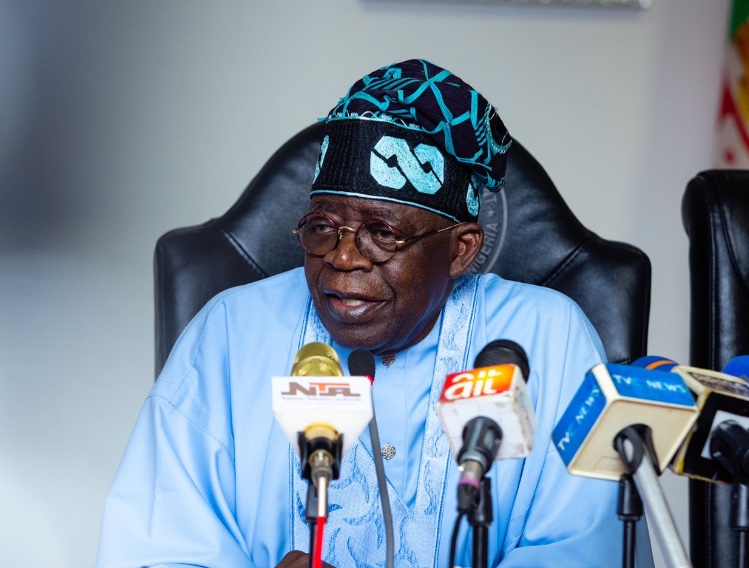The Nigerian Presidency has engaged in a robust rebuttal of criticisms levelled against President Bola Tinubu’s administration by a faction of the Yoruba socio-political group, Afenifere. Afenifere’s critique centered on the administration’s alleged mismanagement of the economy, erosion of democratic principles, and exacerbation of social hardship. The Presidency, however, dismissed these accusations as deceitful, prejudiced, and lacking factual basis. Instead, it presented a counter-narrative of progress and reform under the “Renewed Hope Agenda,” emphasizing strides made in economic stabilization, strengthening of democratic institutions, and implementation of impactful social programs. This clash of perspectives highlights the ongoing debate about the direction of the country under Tinubu’s leadership.
Central to the Presidency’s defense is the assertion that the administration’s policies, particularly the removal of fuel subsidies and the floatation of the naira, were necessary, though painful, steps towards long-term economic stability. These measures, according to the Presidency, have yielded significant financial benefits, including billions of dollars in savings from the subsidy removal and a bolstering of foreign reserves through exchange rate unification. Further evidence of economic recovery, as presented by the Presidency, includes improvements in inflation control, increased foreign direct investment, and a more favorable debt service-to-revenue ratio. The Presidency contends that these indicators demonstrate a positive trajectory despite inherited economic challenges.
Beyond economic indicators, the Presidency highlighted a range of social intervention programs aimed at alleviating hardship and empowering citizens. These include cash transfer programs reaching millions of households, student loan initiatives, an increase in youth service allowances, distribution of palliatives to states, investment in public transportation, revitalization of primary healthcare facilities, and vocational training programs for youth. These initiatives, the Presidency argued, represent tangible efforts to address social needs and invest in human capital development, countering the narrative of social regression presented by Afenifere.
Addressing Afenifere’s allegations of unchecked corruption, the Presidency pointed to concrete actions taken against alleged wrongdoers, including the suspension of a cabinet minister and the numerous convictions secured by the Economic and Financial Crimes Commission (EFCC). The recovery and forfeiture of significant assets, such as a large housing estate, were also cited as evidence of the administration’s commitment to combating corruption. These actions, the Presidency argues, demonstrate a proactive approach to tackling corruption rather than the complacency alleged by the critics.
Regarding concerns about democratic backsliding, the Presidency refuted claims of authoritarianism, highlighting the judiciary’s upholding of opposition victories in electoral disputes as a demonstration of the continued independence of the judicial branch. Furthermore, the Presidency defended recent electoral appointments, asserting that accusations of partisan bias remain unsubstantiated. By emphasizing these points, the Presidency sought to portray its actions as consistent with democratic principles and counter the narrative of a decline in democratic freedoms.
In its concluding remarks, the Presidency called for collective responsibility in the nation-building process and urged political actors to engage constructively rather than resort to disinformation. It emphasized the importance of working together to address economic challenges and achieve lasting positive change. While acknowledging that Nigeria’s journey towards recovery is ongoing, the Presidency expressed confidence in the direction of the country under Tinubu’s leadership, projecting optimism for the future. This concluding message underscores the administration’s commitment to its policy agenda and its belief in its ability to deliver on its promises.


